

Every sport has its history of cheaters and undesirables. Sometimes they're tolerated and sometimes they're not punished because they can't be proven to have broken the rules -- but sometimes they get caught and banned, either temporarily or for life. Here are 31 athletes who were banned from their sports.
Pete Rose
Pete Rose is MLB's all time leader in hits, and would be a surefire Hall of Famer -- except that he was banned in 1989 for betting on baseball while playing and managing the Cincinnati Reds.
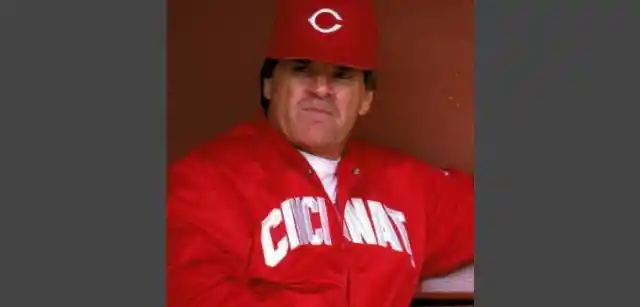
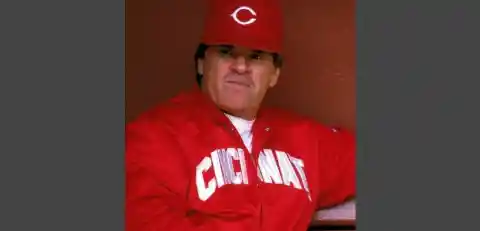
In 2004, after 15 years of denying it, Rose finally admitted to the betting.
Lance Armstrong
Lance Armstrong was a 7-time Tour de France winner, but doping allegations plagued him his entire career.


In 2012, he was banned from the sport of cycling for life after an investigation concluded he'd used performance-enhancing drugs for his entire career.
Joe Jackson
"Shoeless" Joe Jackson of the Chicago White Sox may have been the best hitter in baseball in the 1910s.
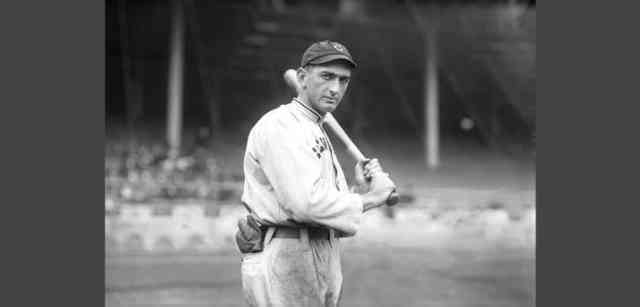
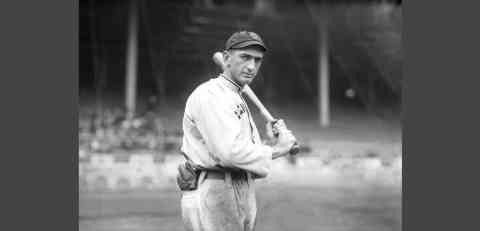
Along with several of his teammates, he also took money to throw the 1919 World Series in what became known as the Black Sox Scandal. Ultimately, commissioner Kenesaw Mountain Landis banned Jackson and his teammates from baseball for life.
Tonya Harding
Tonya Harding was one of America's best figure skaters in the early 1990s -- but "one of" wasn't good enough for her.


She and her ex-husband hired a man to break competitor Nancy Kerrigan's leg. Harding's role in the plot was ultimately discovered, and she was banned from figure skating for life in 1994.
Connie "The Hawk" Hawkins
After a series of point-shaving scandals in college basketball in the 1950s, Connie "The Hawk" Hawkins was banned from basketball for life -- despite having no connection to gamblers and not even playing basketball during his freshman year (when the cheating supposedly took place).
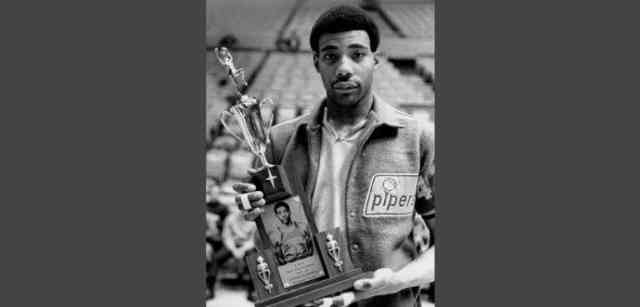
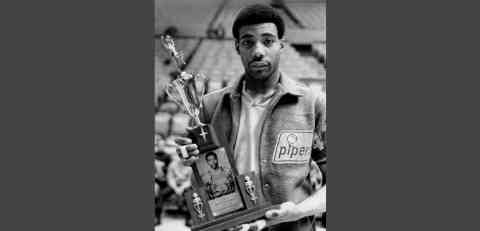
Hawkins' story has a happy ending, though: he sued the NBA for his mistreatment and won, ultimately landing with the league's Phoenix Suns and eventually making the Hall of Fame.
Michael Vick
Michael Vick was once the NFL's most exciting player -- until 2007, when it was discovered he'd been running a dogfighting ring.


He served 21 months in prison and was initially indefinitely banned from football. The league let him back in after his prison sentence, though, and Vick ultimately played another seven NFL seasons.
Willie Mays and Mickey Mantle
Willie Mays and Mickey Mantle are two of the greatest baseball players (and center fielders) ever. In 1983, after their careers were long over, they each took jobs working as greeters at casinos in Atlantic City.
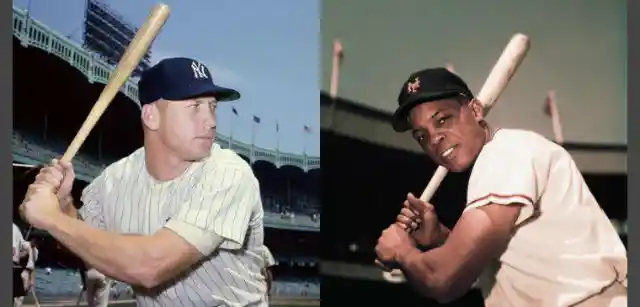
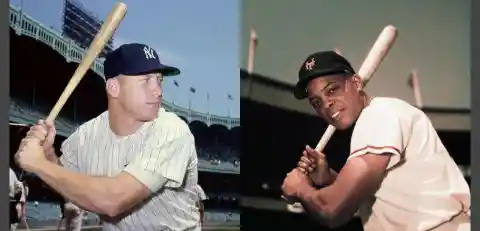
Commissioner Bowie Kuhn banned them from baseball for associating with gambling. Fortunately, Kuhn's successor Peter Ueberroth had a little more common sense, and reinstated both of them in 1985.
Marion Jones
Track and field star Marion Jones won three gold medals and two bronze at the 2000 Sydney Olympics -- and ultimately had to give all of them back.


Jones was named as part of the BALCO scandal, where numerous players from various sports were found to have been taking performance-enhancing drugs. Jones was stripped of her medals and banned from track for life.
Art Schlichter
Baltimore/Indianapolis Colts quarterback Art Schlichter had a gambling problem. He got so far in on gambling debts, in fact, that in 1983, he was $700,000 in debt.


Fearing for his life, he went to the government for help. The NFL suspended him indefinitely. The ban was lifted a year later, but the Colts cut him in 1985 after hearing he had been out gambling again.
Billy Coutu
Billy Coutu loved to fight -- with his opponents, with his teammates, and even with the referees. It was this last one that earned him his lifetime ban when he attacked two referees during the 1927 Stanley Cup Finals.
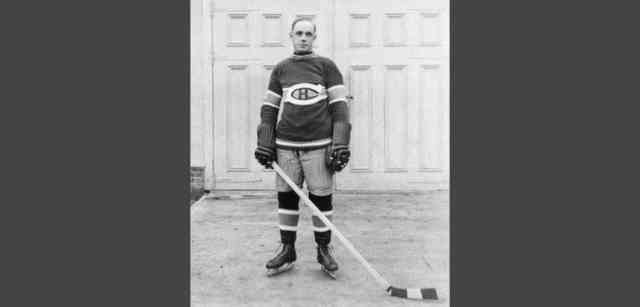
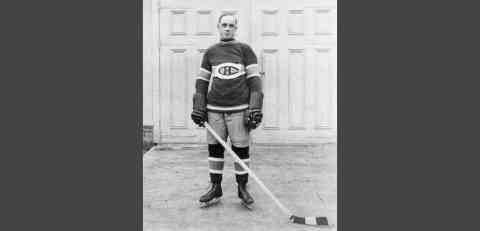
Though he was later allowed to play in the minor leagues (but not the pros) again, Coutu is the only player the NHL has ever officially banned for life.
Ben Johnson
In the late 1980s, Ben Johnson was regarded as the fastest man on the planet. He already held the world record in the 100m dash, and at the 1988 Seoul Olympic games, he won a gold medal, breaking his own record in the process.
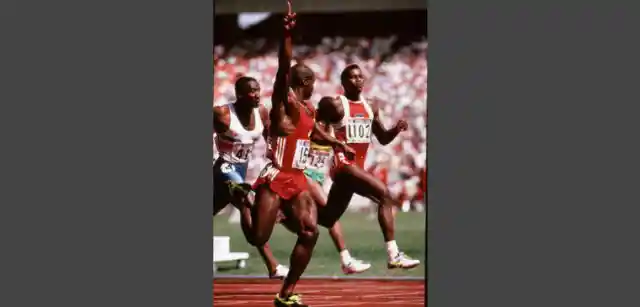
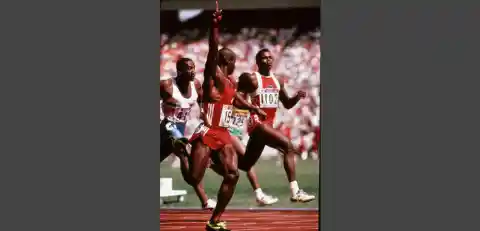
Two days later, he tested positive for steroids. Johnson's argument that everyone was doing it didn't really play, and he was stripped of all titles and records and banned from track for life.
Eddie Cicotte
Eddie Cicotte was another figure in the infamous Black Sox Scandal. In the 1910s, he was considered one of the best pitchers in baseball. He had his best season in 1919, winning 29 games.
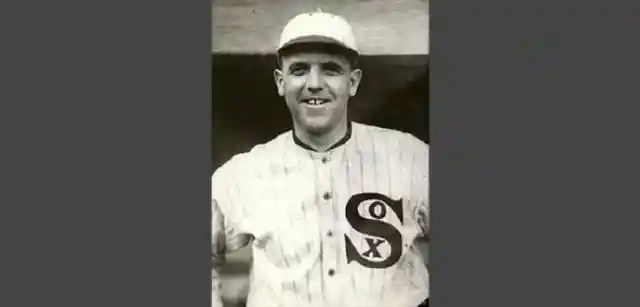
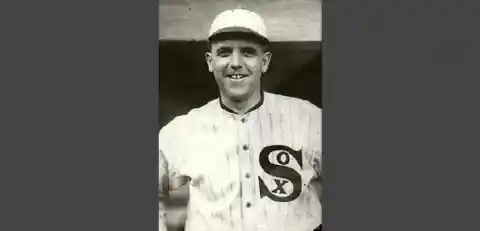
He had a provision in his contract that he'd get a bonus worth more than double his salary if he won 30 games that year. Unfortunately, owner Charles Comiskey was a notorious skinflint and ordered White Sox manager Kid Gleason to bench Cicotte the rest of the season to avoid paying him. Cicotte, enraged, ultimately took money to help throw the series.